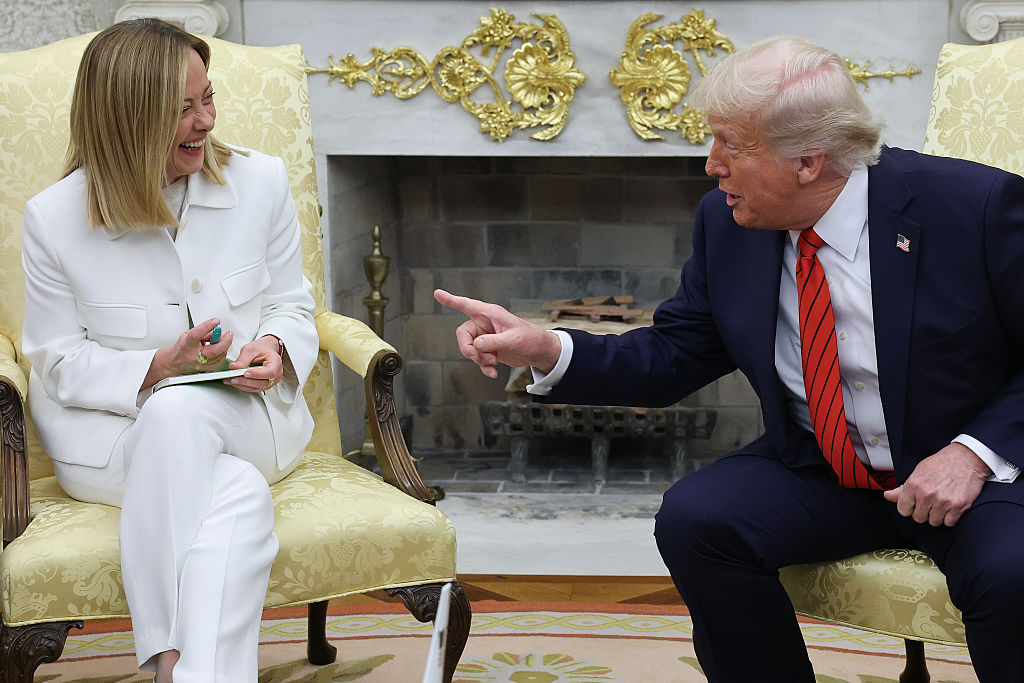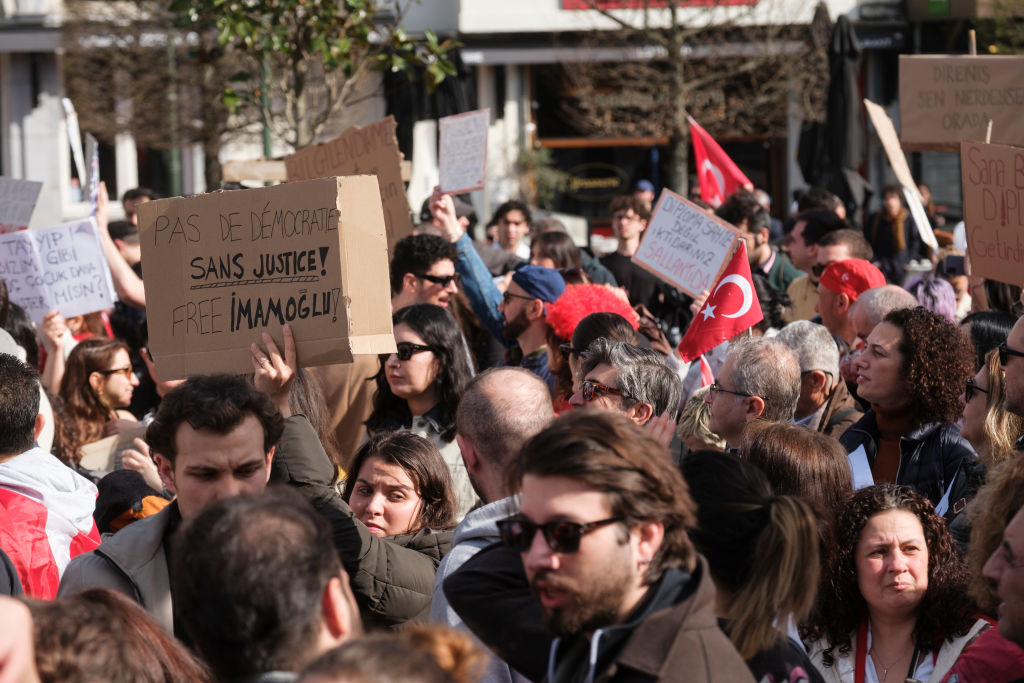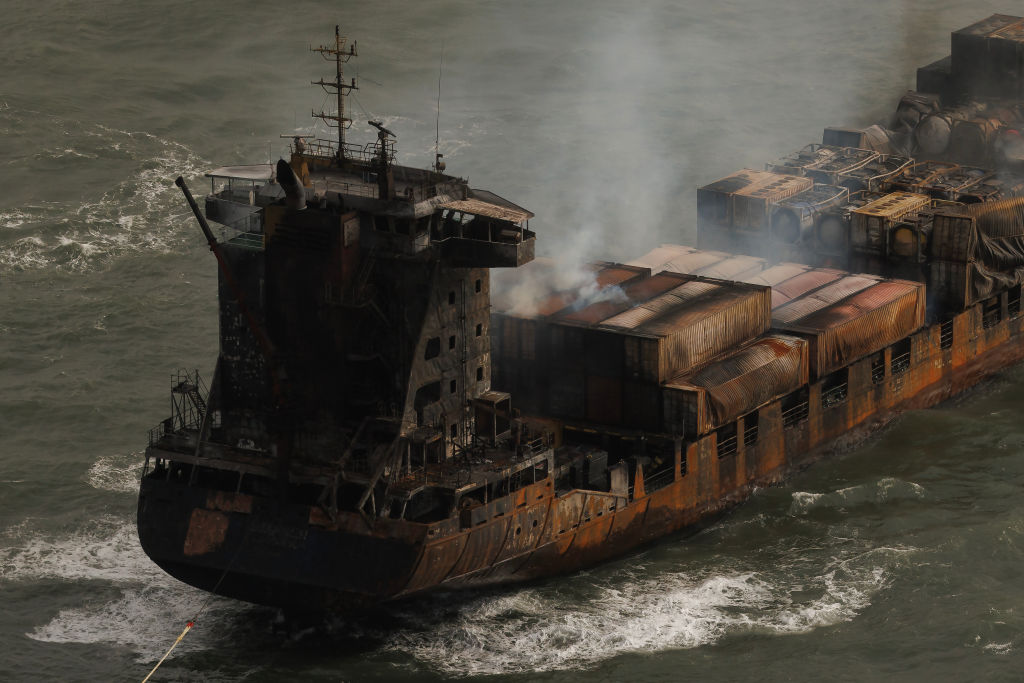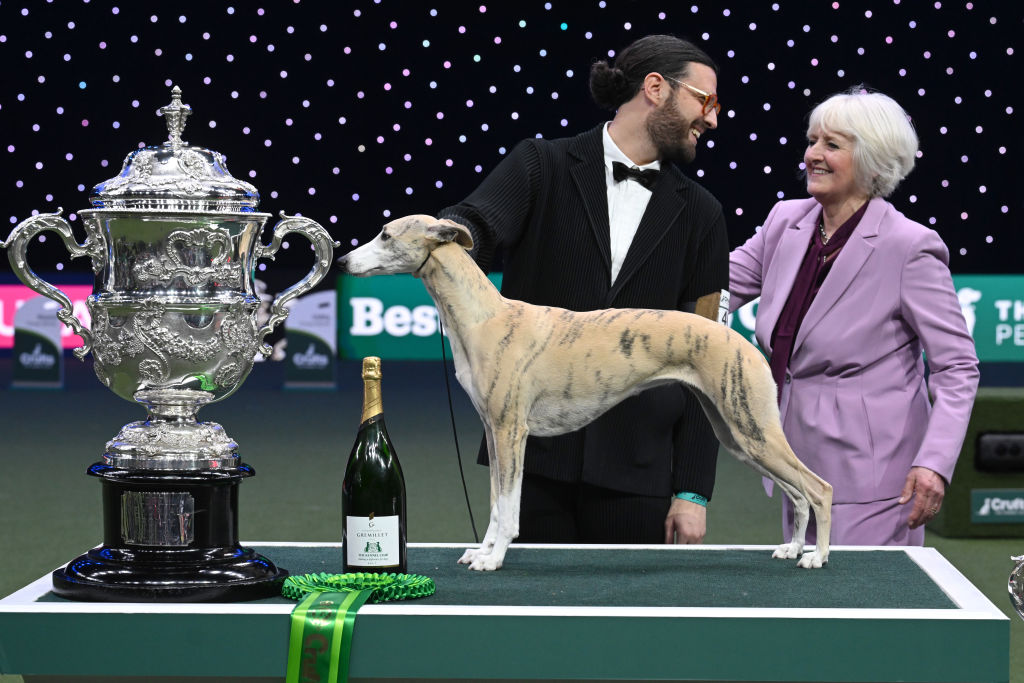NATO can count on Berlin to step up its contribution to the defence of Europe as the Atlantic alliance faces a future more uncertain than 70 years ago when Germany became a member, German President Frank-Walter Steinmeier said.
Speaking on April 28 at a ceremony at NATO’s Brussels headquarters to mark the anniversary of Germany’s joining the military club, Steinmeier sought to reassure allies rattled by what he called epochal geopolitical shifts.
“Today, with [Russian President Vladimir] Putin’s war against Ukraine raging on in full force and with the United States putting fierce pressure on its European allies, Germany is in a crucial position,” he said.
“We got the message, you can count on us … We will strive to make Germany, both its military and its infrastructure, the backbone of conventional defence in Europe.”
His comments came on the same day Ukrainian foreign minister Andrii Sybiha said Kyiv was ready to support a lasting, durable and full ceasefire, adding that if Russia truly wanted peace, it should immediately halt its attacks.
That was shortly after Putin declared a three-day ceasefire in the war with Ukraine – from May 8 to the end of May 10 – to mark the 80th anniversary of the victory of the Soviet Union and its allies in World War Two.
Kyiv questioned why Putin would not agree to its call for an immediate ceasefire lasting at least 30 days to pave the way for diplomacy.
“For some reason, everyone is supposed to wait for May 8 and only then have a ceasefire to ensure calm for Putin during the parade,” Ukraine President Volodymyr Zelensky said in his nightly video address. “We value people’s lives and not parades.”
In a major turnaround for Germany, that has traditionally advocated strict fiscal discipline, Europe’s largest economy has approved plans for a huge spending surge as incoming Conservative chancellor Friedrich Merz prepared to take office in May.
The fiscal plan included €500 billion for a special fund for infrastructure and aimed to largely remove defence investment from the domestic rules that cap borrowing.
“Up until now, every milestone for Germany, every turning point for the better, has been in some way, one of restraint, of embedding, becoming part of something larger, NATO, for instance, the United Nations, the European Union,” Steinmeier said.
“But the tides have turned. Putin has brought war back to this continent … Today, a badly armed Germany is a greater threat to Europe than a strongly armed Germany.”
Berlin’s drastic hike in defence spending was triggered by growing concerns that Europe could no longer fully depend on the US for its defence, following a barrage of criticism from US President Donald Trump and members of his administration.
West Germany joined NATO in 1955 during the Cold War. East Germany became part of the alliance after German reunification in 1990.





